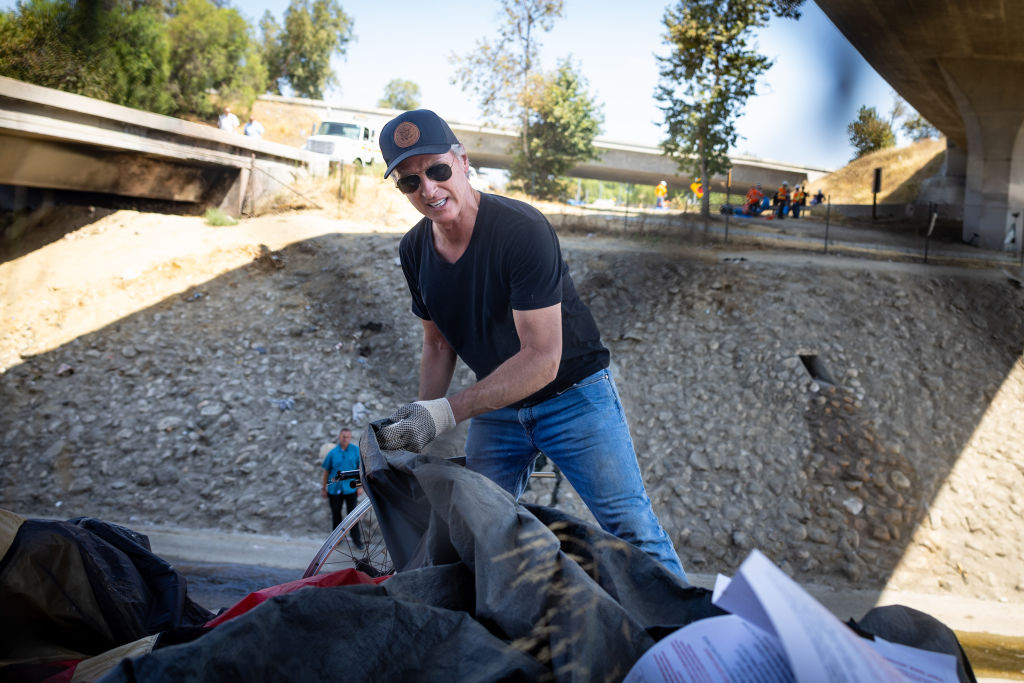My parents gave me a subscription to The Spectator in 1984, when I was 11. When I was 12, I wrote a letter to the editor, criticizing the progressive views of the Bishop of Durham, and Charles Moore — who had just become the editor at the age of 27 — published it under the headline ‘Very young fogey’. Who knows what a weekly diet of The Spectator did to my impressionable mind? Is Taki responsible for my taking up martial arts? Or Roger Scruton for my views on ugly buildings? I think it was the book reviewers, so unintimidated by even the grandest book, who made the greatest impression. They made the most flattering assumptions about readers — that I would have read Osip Mandelstam, and had spent months with curlews, and made a close study of Pugin interiors. When I edited my school magazine I copied The Spectator right down to the font and the column shape. Such reverence is hard to eliminate: I was embarrassingly honored when Charles Moore gave me high marks as a ‘real conservative’ two months ago.
Except I am not technically a Conservative any more. I voted against no deal. (For the record I am pushing for Brexit and against Remain but think no deal would lead to uncertainty, damage and division. This is particularly true for farmers in my constituency.) The prime minister responded by deselecting me as the Conservative MP for Penrith and the Border, and trying to call an election. So having resigned from the cabinet only six weeks ago, I may find myself out of what remains of my job in six weeks’ time. I will be particularly sorry about this because I feel I am beginning to learn about some of the really tough hidden issues in Britain. Running for the leadership in June gave me the opportunity to explore areas outside my constituency — in Northern Ireland, England and Scotland, from Derry/Londonderry to Wigan. Last week, the last of the parliamentary holiday, I have been walking through communities in the north-east between Newcastle and Hartlepool.
Last Thursday, I was in a food bank in a church, which was feeding 70 people. The young Nigerian man who was studying aeronautical engineering was fit and confident. But he was the exception. One homeless man could have been any age between 20 and 30 — his skin was a raw red, he was hunched, one eye was half-closed. His flat stare implied that he had combined his heroin with street Valium. In Glasgow, I was told that the homeless simply sit with their cup out, and when it has accumulated £10, their dealer comes and empties the cup and drops off the heroin. The life expectancy of the heaviest drinkers is 29, and of the heroin addicts, 46. It was difficult to ask questions of the professionals in the charities — anything I said was immediately diverted into furious attacks on austerity. It doesn’t bode well for early elections.
I’ve just finished reading Blitzed, a beautifully researched book about drugs in Nazi Germany. The Blitzkrieg was fueled, it seems, on crystal meth — it allowed the panzer drivers to go for three days without sleep and gave suicidal confidence to the waves of attacking German troops. The success of a reckless charge, against all odds, just strengthened their optimism. By 1944 Hitler was maintaining the Führer confidence with six injections a day. Some were cocktails of pig’s blood (which didn’t affect his belief that he was a vegetarian). But increasingly it was combinations of heroin and methamphetamine. The generals — astonished at his optimism in the face of all negative reports on every front — assumed he must have a secret weapon. The secret was chemically induced.
Yesterday, I was worrying about my cherry trees — what we call ‘Gean’ in my part of Britain and what the Spectator reader would call prunus avium. We planted 40 of them to mark our wedding seven years ago. One is thick, healthy, and 20 feet high. The others are in terrible states — black and wilting leaves, leaves shredded by aphids, barks torn to the core by roe-deer. They all share the same sun, in the same field, and I have put new shelters around all of them, but after seven years some are barely four foot tall. Twice I have replaced some of the most sickly, so there are now three batches struggling in the field. Every spring I hope the problem will be solved. I suspect the soil and the cherries simply don’t agree. But I cannot seem to change course. I am a great one for accusing other people of fairytale optimism, about Iraq, Afghanistan or no-deal Brexit. But when it comes to my cherry trees my megalomaniac fantasies are on full display: failure is not an option.
This article was originally published in The Spectator’s UK magazine. Subscribe to the US edition here.

























